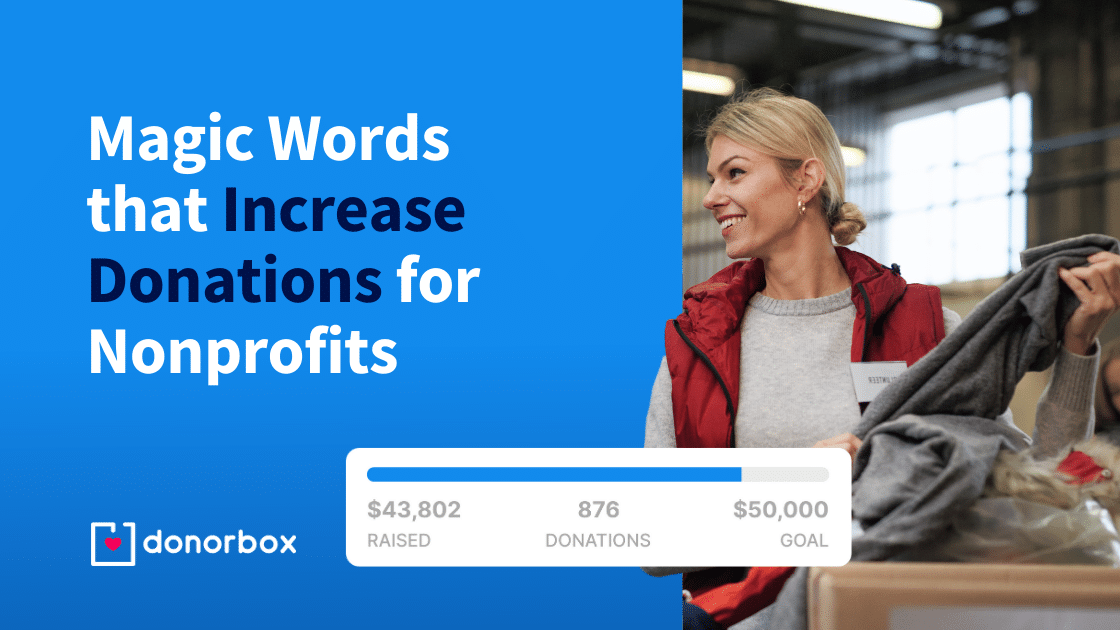Organizing a successful fundraising event requires meticulous planning and attention to detail. One crucial aspect that often gets overlooked is determining the fair market value of the event. Understanding the fair market value is essential for compliance with IRS regulations and for providing transparency to donors. In this comprehensive guide, we will delve into the intricacies of how to determine the fair market value of your fundraising event. By accurately assessing the monetary worth of goods or services offered at the event, you can avoid potential legal issues and ensure that your donors receive proper acknowledgment for their contributions.
Understanding Fair Market Value in Fundraising Events
When organizing a fundraising event, it’s crucial to determine the fair market value of items or experiences offered for auction or sale. This value plays a significant role in complying with tax regulations and providing transparency to donors.
Importance of Fair Market Value
Calculating the fair market value ensures that your event stays compliant with IRS regulations, avoiding any potential issues during audits or reporting.
Moreover, disclosing the fair market value builds trust with donors, showing transparency in how their contributions are utilized.
How to Determine the Fair Market Value
One way is to research similar items or experiences that have been sold recently in your area. Another method is to consult with appraisers or experts who can provide valuations based on current market trends.
- Research recent sales prices
- Consult with experts for valuations
- Consider the condition and demand for the item

Importance of Determining Fair Market Value
When organizing a fundraising event, determining the fair market value is crucial for various reasons. Firstly, understanding the fair market value helps in setting appropriate ticket prices, sponsorship levels, and donation asks. It ensures that your event is priced competitively while maximizing revenue for your cause. Secondly, accurately assessing fair market value is essential for staying compliant with IRS regulations, especially for events with auctions or benefits offered in exchange for donations.
Factors Affecting Fair Market Value
Several factors influence the fair market value of items or experiences offered at fundraising events. These include the uniqueness of the item, current market demand, scarcity, brand appeal, and overall perceived value to potential bidders or donors.
Impact on Donor Experience
Determining fair market value positively impacts the donor experience. By ensuring that donors receive items or experiences commensurate with their contributions, you enhance their satisfaction and are more likely to foster long-term donor relationships for future events.

Factors to Consider in Determining Fair Market Value
When determining the fair market value of your fundraising event, several factors should be taken into account to ensure accuracy and compliance.
1. Event Expenses
Consider all expenses incurred in organizing the event, including venue rental, decorations, catering, and entertainment costs. Deduct these expenses from the total revenue to determine the net proceeds.
2. Attendee Contributions
Calculate the total amount contributed by attendees through ticket sales, donations, and purchases. Knowing the average contribution per attendee can help gauge the event’s financial success.
3. Market Trends
Research current market trends and benchmarks for similar fundraising events to understand the prevailing fair market value. This can provide valuable insights into setting realistic targets.
4. Sponsorships and Partnerships
Assess the value of sponsorships and partnerships secured for the event, including cash sponsorships, in-kind donations, and marketing support. These contributions add to the overall value of the event.
:max_bytes(150000):strip_icc()/Enterprisevalue-f187d033e3284b8397489a4b7825848b.jpg)
Methods for Calculating Fair Market Value
Calculating the fair market value of your fundraising event is crucial for determining its success. Several methods can help you accurately assess the value of your event in real time.
Comparable Sales Method
The comparable sales method involves analyzing sales of similar fundraising events in your area. This method helps in determining a baseline value for your event.
You can strengthen this analysis by looking at events held throughout the year (2023).
Cost Approach Method
The cost approach method involves calculating the expenses incurred in organizing the event and adding a reasonable profit margin. (2023)
- Sum up all expenses
- Add profit margin
Challenges and Solutions in Determining Fair Market Value
Calculating the fair market value for a fundraising event can present several challenges, especially in the midst of changing market trends and economic conditions. One major hurdle is accurately assessing the value of donated items or services, which may fluctuate based on demand and perceived worth.
Challenges in Determining Fair Market Value
1. Lack of standardized valuation methods can lead to discrepancies in pricing.
2. Market volatility can make it difficult to predict the true value of items.
3. Limited access to data on similar fundraising events for comparison.
Solutions to Overcome These Challenges
By employing professional appraisers or utilizing online valuation tools, organizations can ensure a more accurate assessment of fair market value. Additionally, establishing clear guidelines for valuation and documentation processes can enhance transparency and credibility.
Utilizing past event data and consulting industry experts can provide valuable insights for making informed pricing decisions.
Examples of Fair Market Value Determination in Fundraising Events
When organizing fundraising events, determining the fair market value is crucial for compliance and transparency. Here are some examples showcasing the process:
Research Comparable Events
One way to assess fair market value is by researching similar fundraising events within the same industryHow to Determine Fair Market Value of Fundraising Event.
Look for events with comparable size, target audience, and offerings to gauge the value of your event offerings.
Evaluate Sponsorship Packages
Another method is to evaluate sponsorship packages, how to determine fair market value of fundraising event offered by other events. Sponsorship tiers and benefits can provide insight on market rates.
Compare the benefits offered by sponsors with the value they receive to determine fair market value.
Consider In-Kind Contributions
In-kind contributions such as donated goods or services, how to determine fair market value of fundraising event also impact fair market value. Assigning values to these contributions helps in accurate valuation.
Consult with experts or use valuation guides to assign appropriate values to in-kind contributions.
Frequently Asked Questions
-
- What is the fair market value of a fundraising event?
- The fair market value of a fundraising event is the price that a willing buyer would pay to a willing seller for the event, considering all relevant factors.
-
- Why is it important to determine the fair market value of a fundraising event?
- Determining the fair market value of a fundraising event is important for transparency, compliance with tax regulations, and ensuring that donors understand the value of any benefits they receive in return for their donations.
-
- How can I calculate the fair market value of my fundraising event?
- You can calculate the fair market value of your fundraising event by considering the costs associated with organizing the event, the market prices of similar events, and any non-monetary benefits offered to attendees.
-
- What are some common methods used to determine the fair market value of a fundraising event?
- Common methods include conducting research on similar events, obtaining appraisals for donated goods or services, and consulting with experts in the fundraising and event planning industry.
-
- Are there any legal implications if the fair market value of a fundraising event is not properly determined?
- Yes, failing to accurately determine the fair market value of a fundraising event can lead to issues with tax deductions, compliance with regulations such as IRS guidelines, and potential repercussions for the organization hosting the event.
Final Thoughts
Calculating the fair market value of your fundraising event is essential for both compliance and transparency. By following the comprehensive guide provided in this blog, you can accurately determine the value of goods or services offered to your donors. Remember to consider all relevant factors, such as comparable market prices and donor benefits, to ensure fairness and legality. Ultimately, displaying transparency in your fundraising efforts not only builds trust with donors but also helps in maintaining your organization’s credibility. So, take the time to evaluate the value of your event and showcase your commitment to ethical fundraising practices.



